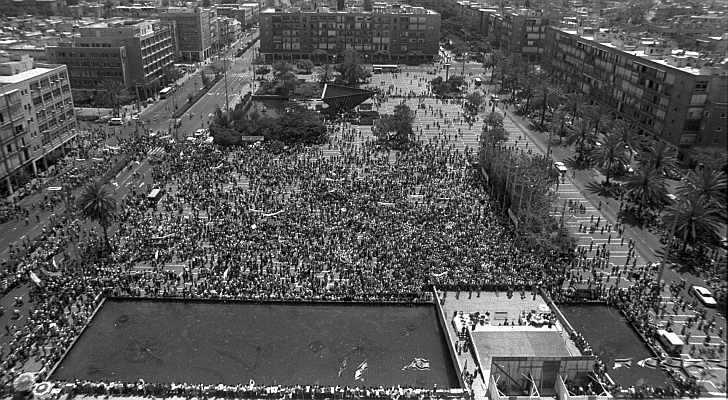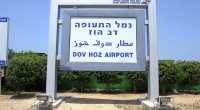On the eve of the Jewish New Year - Rosh Hashanah 5773 (2012), the population of Israel numbers about 7,933,200 – with 5,978,600 Jews
The Central Bureau of Statistics (CBS) revealed last week that on the eve of the Jewish New Year - Rosh Hashanah 5773 (2012), the population of Israel numbers about 7,933,200 – with 5,978,600 Jews, 1,636,600 Arabs and approximately 318,000 persons categorized as "others".
In addition, there are some 203,000 foreign workers currently living in Israel. Slightly more than 75% of its citizens identified as Jewish. The country's largest non-Jewish citizens are Arabs accounting for 20.6% of the population. The Jewish population increased at a rate of 1.8% in 2011 while the Arab population increased 2.4%.
The Jewish growth rate, according to the report, has remained steady in recent years but the Arab growth rate has declined since the late 1990s when it averaged 3.4% a year.
Israel remains a relatively young country compared to other Western nations. 28% of Israelis are 14-years-old or younger. The data further revealed that the life expectancy at birth in 2011 was 80.0 years for men, and 83.6 years for women.
Life expectancy rose in the previous decade by 2.7 years among men and by 2.4 years among women. The life expectancy of Jews is higher than that of Arabs. In 2011, the gap stood at 4.2 years among men and 3.0 years among women.
Israel's life expectancy is higher than OECD countries. The life expectancy of men is ranked second (after Switzerland) and the life expectancy of women is ranked lower, in eighth place. The infant mortality rate per 1,000 live births in 2011 was 3.5. Thus, there was a continuation of the decreasing trend in infant mortality rates (5.1 in 2001).






